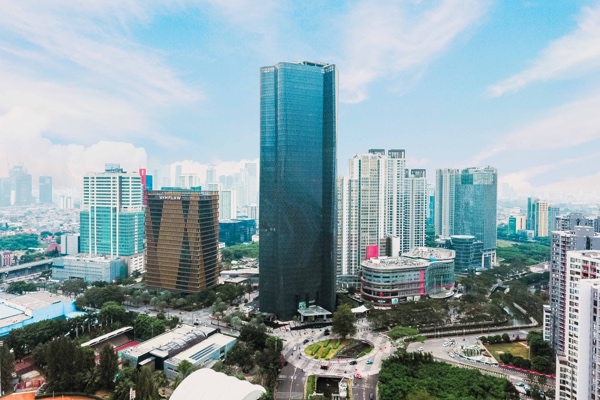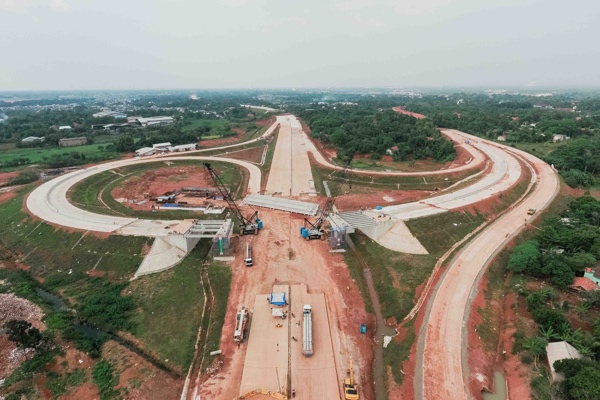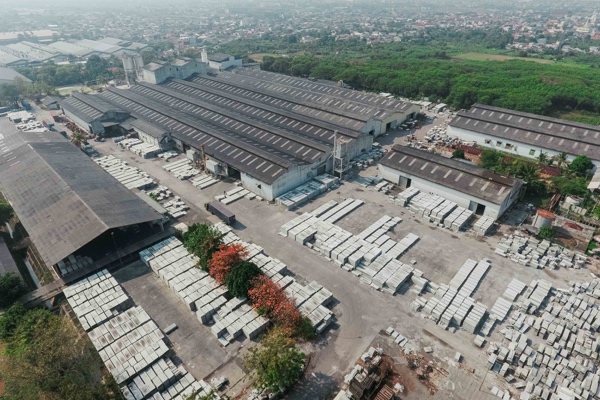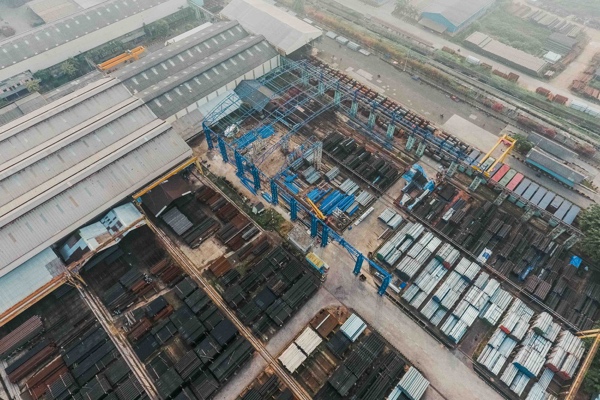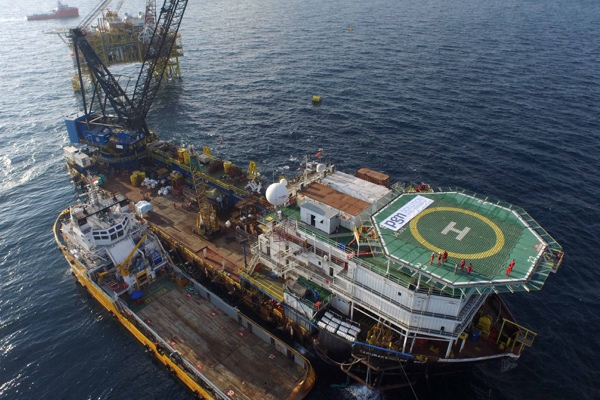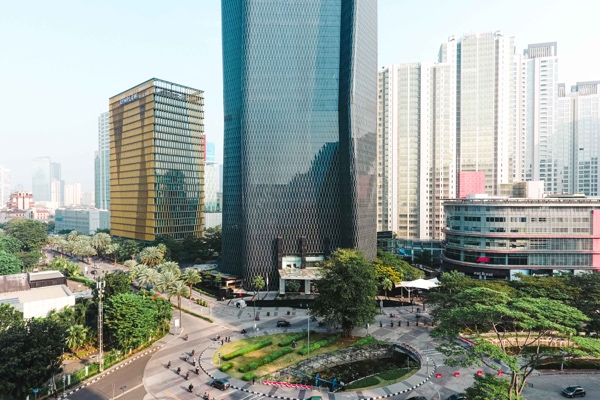4 Recommendations for RI to Switch to Electric Vehicles to Achieve NZE
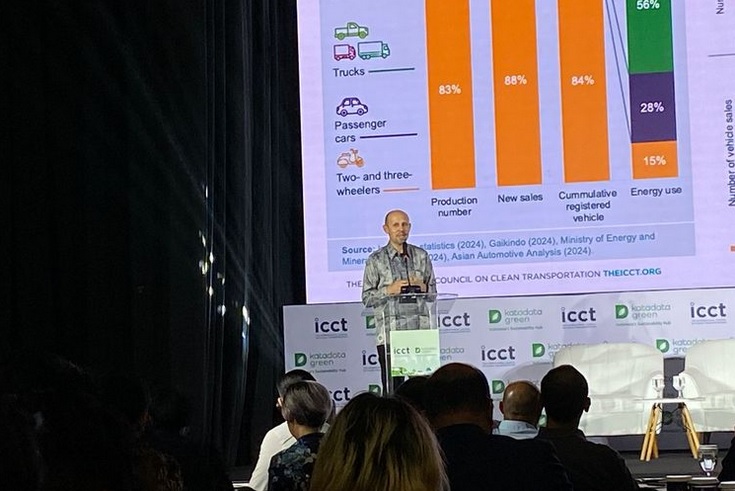
Source: Kompas.com | February 12, 2025
The latest study from the International Council for Clean Transportation (ICCT) reveals four recommendations so that Indonesia can switch 100 percent from conventional vehicles to electric vehicles to achieve net zero emissions (NZE) by 2060.
ICCT Managing Director, Ray Minjares, said that the transition to electric vehicles would help the government stop importing fossil fuels by 2048.
“By targeting 100 percent of zero-emission vehicle sales by 2037 for two- and three-wheeled vehicles. “And by 2040, for passenger cars, buses, light trucks, medium trucks and heavy trucks, Indonesia can be free from the fiscal burden which is currently equivalent to 10 percent of gross domestic income in 2060,” said Ray at an event held in Central Jakarta, Wednesday (12/2/2025).
In their study, the researchers recommend that the government set a target for the market share of electric vehicles. Second, fiscal policy is considered to be able to accelerate the transition of all types of vehicles to achieve zero emissions.
Third, the government needs to create standards for the supply of zero-emission vehicles to encourage production and adoption. Fourth, develop a charging infrastructure that adapts to the characteristics and needs of varying users.
“Without charging infrastructure, vehicles cannot function. So we have to think of vehicles and charging as a single system,” said Ray.
“That means setting a clear plan, understanding where vehicles operate and where charging is best placed, and investing,” he added.
He said that switching to electric vehicles could reduce emissions by 2.4-3.1 gigatons of carbon dioxide (CO2).
Ray noted that emissions from vehicles on the road contributed 22 percent of the total national emissions in Indonesia. Vehicle pollution also has an impact on health, even causing premature death.
“Calculations we carried out about five years ago showed that the annual health impact of these emissions was around 4,500 premature deaths. However, that does not include cases of asthma and other social impacts due to air pollution,” he explained.
Meanwhile, Deputy for Basic Infrastructure Coordination at the Coordinating Ministry for Infrastructure and Regional Development, Rachmat Kaimuddin, stated that the government is committed to providing incentives for the purchase of electric cars this year.
According to him, the incentive scheme is regulated in Minister of Finance Regulation (PMK) Number 12 of 2025.
“This year (incentives are still being given), a few days ago the PMK was issued. So BEV (battery electric vehicle) cars get a value added tax borne by the government (PPNDTP) of 10 percent,” said Rachmat.
Meanwhile, hybrid electric vehicles (HEV) or cars that use fossil fuel and batteries will receive a luxury goods value added tax (PPNBM) borne by the government of 3 percent.
Nevertheless, Rachmat said, so far his party will not provide incentives for purchasing electric motorbikes.
So far, electric car sales have increased to 4.98 percent of total national car sales, namely 43,188 units in 2024. Rachmat admitted that he was optimistic that sales this year would increase even more.
“In the industry it is said that if it reaches 5 percent it is the tipping point. So we hope that in the future there will be more EV users,” said Rachmat. Now, the government is focusing on providing Public Electric Vehicle Charging Stations (SPKLU) in various regions of Indonesia to encourage sales of electric cars. This is because the availability of SPKLU is still a consideration for the public before purchasing.

